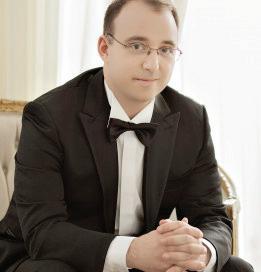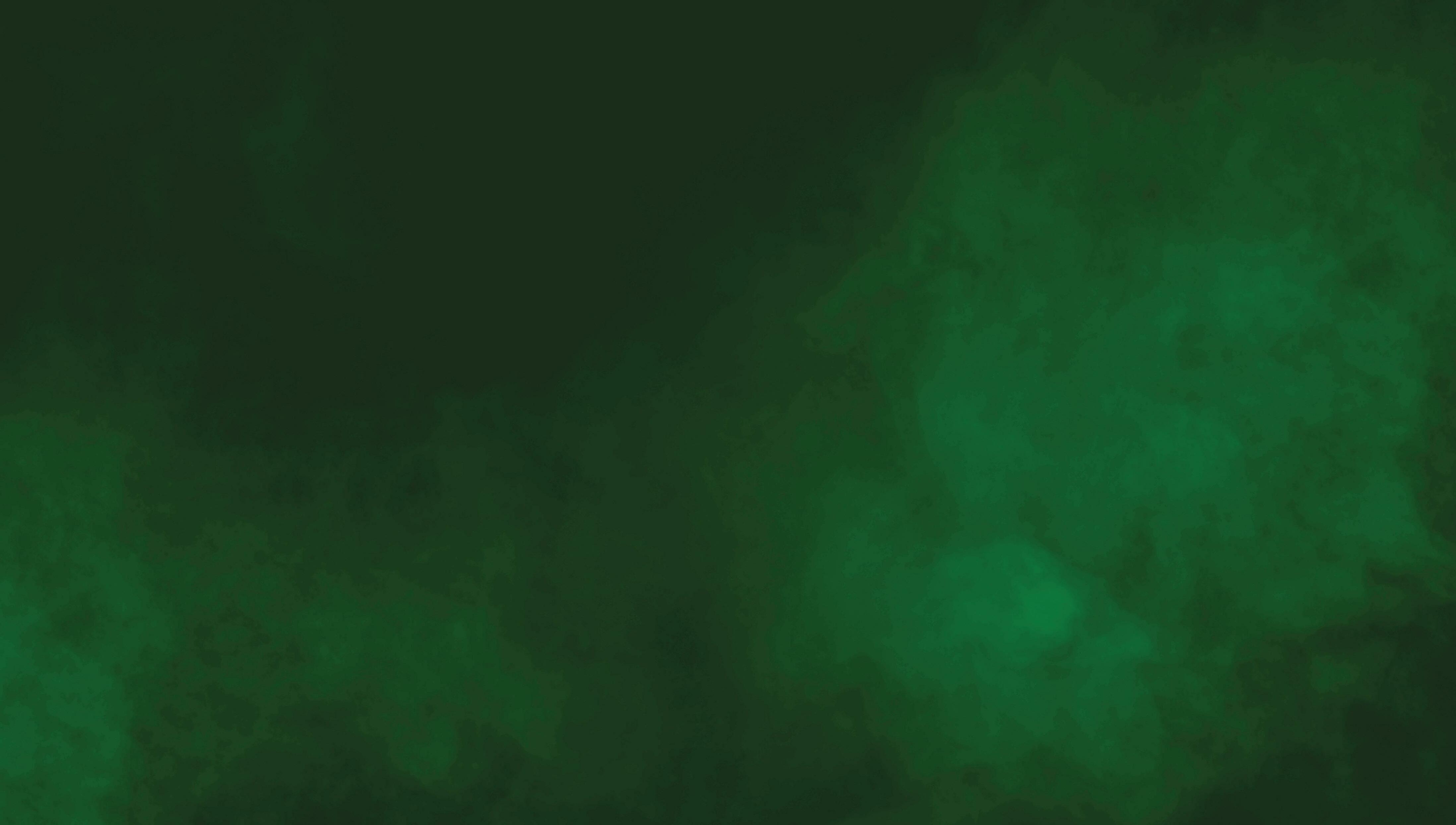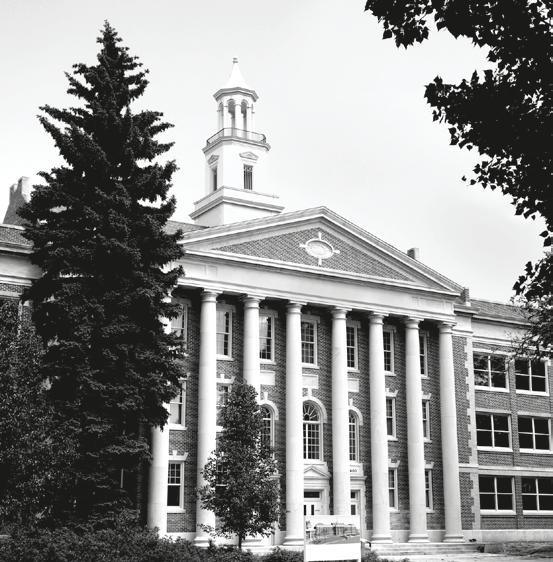
MEZZO SOPRANO TIM BURNS, PIANO MICHELLE STANLEY,
Ever since singing Robert Spillman’s music when he was a guest composer at the University of Texas at Brownsville in 2016, I have been deeply committed to his songs. Their elegance, musical ease, and commitment to representing the text is inspiring and a joy for any vocalist. I have had the privilege of working with Bob as a coach, collaborator, mentor, and friend. I know first-hand his deep affection and profound love of poetry. The opportunity to live in the poetry of Emily Dickinson and experience her through the musical mind of Robert Spillman has been a gift. Published in 2022 Spillman’s cycle, “An Emily Dickinson Notebook” is a collection of fourteen poems in a fifteen-movement cycle for mezzo-soprano, flute and piano. Emily Dickinson (1830-1886) is an American poet known for her prolific output (1,800 poems published posthumously by her sister, Lavinia). Her solitary personal life is sometimes a fascinating juxtaposition to her poetry which is full of vivid imagery, satire, and insightful observations.
In crafting the second half of the program, I wanted to explore two themes that commonly occur in Dickinson’s poetry: death, or endings, and flowers. The songs are not united in language, composer, or period, only by subject matter. Death is an often-visited motif in Dickinson’s poetry; “Investigation of the theme of death gave her a panoramic view of vital issues such as religion, God, nature, love and immortality.”1 It is through her exploration of death in poetry that she is able to examine the intricacies and absurdities of life. In the Holmés, (text by the composer) the protagonist is mourning a lost lover. ‘Touch Me’ with text by Stanley Kunitz (1905-1906), the poem feels the weight of age and passionately seeks out pieces of a younger self. This poem was one of Kunitz’s final works written in his last decade of life. In contrast, Mozart’s ‘Abendempfindung,’ with text by Joachim Heinrich Campe (1746-1818), is a sublime and subdued peaceful meditation on death and the legacy left behind.
Song texts that include flowers often explore the natural cycle of life and death. Several of the songs in the final set use the image of a “faded flower” as a metaphor for life lost and past love. Dickinson was an avid and well-known botanist who would often include dried nosegays in her correspondence. Compiling a collection of songs about flowers seemed like a fitting end to a program inspired by her work. ‘The Last Rose of Summer’ is one of Britten’s many folk song settings, with text and melody originally by the Irish poet Thomas Moore. Groundbreaking composer and mezzo-soprano Pauline Viardot’s melodie, ‘Fleur desséchée’ was translated from the original Russian poem by Alexandre Pushkin (17991837) by Louis Pomey. Sheldon Harnick’s (b. 1924) charming lyrics, were written for the 1955 Shoestring Revue. This was the first of many critically acclaimed revues created by Ben Bagley. The cast included a 33-year old musical theatre performer named Bea Arthur before she won a Tony award in 1966 and several Emmy awards for her work on television.
1. Rashed Ahmad Daghamin, “Reflection on Death in the Poetry of Emily Dickinson,” Reflection on Death in the Poetry of Emily Dickinson 7, no. 4 (April 2017): 148-154.
To make a prairie
To make a prairie it takes a clover and one bee, One clover, and a bee. And revery.
The revery alone will do, If bees are few.
A narrow Fellow in the Grass
A narrow Fellow in the Grass
Occasionally ridesYou may have met him? Did you not His notice instant is -
The Grass divides as with a Comb, A spotted Shaft is seen, And then it closes at your Feet
And opens further on -
He likes a Boggy Acre -
A Floor too cool for CornBut when a Boy and Barefoot
I more than once at Noon
Have passed I thought a Whip Lash Unbraiding in the Sun When stooping to secure it It wrinkled And was gone -
Several of Nature’s People I know, and they know me I feel for them a transport Of Cordiality
But never met this Fellow Attended or alone Without a tighter Breathing And Zero at the Bone.
“Hope” is the thing with feathers
An Emily Dickinson Notebook, Robert Spillman“Hope” is the thing with feathersThat perches in the soulAnd sings the tune without the wordsAnd never stops - at all -
And sweetest - in the Gale - is heardAnd sore must be the stormThat could abash the little Bird That kept so many warmI’ve heard it in the chillest landAnd on the strangest SeaYet - never - in Extremity, It asked a crumb - of me.
A Bird, came down the Walk
A Bird, came down the Walk - He did not know I sawHe bit an Angle Worm in halves And ate the fellow, raw,
And then, he drank a Dew From a convenient GrassAnd then hopped sidewise to the Wall To let a Beetle pass -
He glanced with rapid eyes, That hurried all abroadThey looked like frightened Beads, I thought, He stirred his Velvet Head. -
Like one in danger, Cautious, I offered him a Crumb, And he unrolled his feathers, And rowed him softer HomeThan Oars divide the Ocean, Too silver for a seam, Or Butterflies, off Banks of Noon, Leap, plashless as they swim.
I like to see it lap the Miles
I like to see it lap the MilesAnd lick the Valleys up - And stop to feed itself at Tanks - And then - prodigious step
Around a Pile of Mountains - And supercilious peer In Shanties - by the sides of Roads - And then a Quarry pare
To fit its sides And crawl between Complaining all the while In horrid - hooting stanza - Then chase itself down Hill -
And neigh like Boanerges - Then - prompter than a Star Stop - docile and omnipotent At it’s own stable door –
What Inn is this
What Inn is this
Where for the night Peculiar Traveller comes? Who is the Landlord? Where the maids? Behold, what curious rooms!
No ruddy fires on the hearth— No brimming Tankards flow— Necromancer! Landlord! Who are these below?
If you were coming in the Fall
If you were coming in the Fall, I’d brush the Summer by With half a smile, and half a spurn, As Housewives do, a Fly.
If I could see you in a year, I’d wind the months in balls--And put them each in separate Drawers, For fear the numbers fuse---
If only Centuries, delayed, I’d count them on my Hand, Subtracting, til my fingers dropped Into Van Dieman’s Land, If certain, when this life was out--That yours and mine, should be I’d toss it yonder, like a Rind, And take Eternity---
But, now, uncertain of the length Of this, that is between, It goads me, like the Goblin Bee--That will not state--- its sting.
Wild nights - Wild nights!
Wild nights - Wild nights! Were I with thee Wild nights should be Our luxury!
Futile - the windsTo a Heart in portDone with the CompassDone with the Chart!
Rowing in EdenAh - the Sea! Might I but moor - tonightIn thee!
I cannot live with You I cannot live with You – It would be Life – And Life is over there – Behind the Shelf
The Sexton keeps the Key to – Putting up Our Life – His Porcelain – Like a Cup –
Discarded of the Housewife – Quaint – or Broke – A newer Sevres pleases – Old Ones crack –
I could not die – with You – For One must wait To shut the Other’s Gaze down – You – could not –
And I – could I stand by And see You – freeze – Without my Right of Frost – Death’s privilege?
Nor could I rise – with You – Because Your Face Would put out Jesus’ – That New Grace
Glow plain – and foreign On my homesick Eye – Except that You than He Shone closer by – They’d judge Us – How – For You – served Heaven – You know, Or sought to – I could not –
Because You saturated Sight – And I had no more Eyes For sordid excellence As Paradise And were You lost, I would be – Though My Name Rang loudest On the Heavenly fame –
And were You – saved – And I – condemned to be Where You were not – That self – were Hell to Me –
So We must meet apart – You there – I – here –
With just the Door ajar That Oceans are – and Prayer – And that White Sustenance – Despair –
The Heart Asks Pleasure First
The Heart asks Pleasure—first— And then—Excuse from Pain— And then—those little Anodynes That deaden suffering— And then—to go to sleep— And then—if it should be The will of its Inquisitor The privilege to die— Ample Make this Bed
Ample make this bed. Make this bed with awe; In it wait till judgment break Excellent and fair.
Be its mattress straight, Be its pillow round; Let no sunrise’ yellow noise Interrupt this ground.
Mine By the Right
Mine - by the Right of the White Election! Mine - by the Royal Seal! Mine - by the sign in the Scarlet prison - Bars - cannot conceal!
Mine - here - in Vision - and in Veto! Mine - by the Grave’s Repeal - Titled - Confirmed - Delirious Charter! Mine - long as Ages steal!
My life closed twice before its close
My life closed twice before its close— It yet remains to see If Immortality unveil
A third event to me
So huge, so hopeless to conceive As these that twice befell. Parting is all we know of heaven, And all we need of hell.
Let down the bars, O Death!
Let down the bars, O Death! The tired flocks come in Whose bleating ceases to repeat, Whose wandering is done. Thine is the stillest night, Thine the securest fold; Too near thou art for seeking thee, Too tender to be told.
Dans un parc abandonné, Augusta Holmés
In an alley where the leaves piled up, And became shades of gold, My soul had come To think of you!
A desolate dove Softly Cooed in the evening. “O my dearest, soaring love, When will we meet again?”
Abendempfindung, Wolfgang Amadeus Mozart
It is evening, the sun has vanished, And the moon sheds its silver light; So life’s sweetest hours speed by, Flit by as in a dance!
Soon life’s bright pageant will be over, And the curtain will fall. Our play is ended! Tears wept by a friend Flow already on our grave.
Soon perhaps, like a gentle zephyr, A silent presentiment will reach me, And I shall end this earthly pilgrimage, Fly to the land of rest.
If you then weep by my grave And gaze mourning on my ashes, Then, dear friends, I shall appear to you
Bringing a breath of heaven.
May you too shed a tear for me And pluck a violet for my grave; And let your compassionate gaze Look tenderly down on me.
Consecrate a tear to me and ah! Be not ashamed to do so; In my diadem it shall become The fairest pearl of all.2
Fleur desséshée, Pauline Viardot
A flower, dried up and withered, I find, forgotten within a book, And suddenly with curious thoughts My mind begins to fill.
2. Translation by Richard Stokes
Where did it blossom? When? In which spring?
Did it flower for a long time, and who plucked it?
A strange or a familiar hand? And why was it put here?
Was it a souvenir of a tender meeting, Or of a cruel parting, Or of solitary wandering In the quiet fields, or the shadow of the forest?
And lives yet “he”, or “she”? And where is their abode now? Or have they withered already Like this mysterious flower?3
3. Translation by Sergey RybinNicole Asel, D.M.A., mezzo-soprano, is an assistant professor of music in the voice area at Colorado State University. Prior to CSU, Dr. Asel served as an assistant professor of voice at Sam Houston State University. A finalist in the 2010 Rocky Mountain Regional Metropolitan Opera Council Auditions, she is a devoted operatic and concert performer and recitalist. She has sung with Opera Carolina, Central City Opera, Opera Fort Collins, Greensboro Opera, Long Leaf Opera, The Martina Arroyo Foundation and Colorado Light Opera and with the Piccolo Festival del Friuli Venezia Giulia in Friuli, Italy.
After working with Mark Adamo, she was selected by the composer to represent his opera Little Women in the G. Schirmer New Opera Sampler CD in the role of Jo March. She has collaborated in new opera workshops with some of the North America’s most accomplished living composers, singing the role of Elizabeth Bennett in Kirke Mechem’s Pride and Prejudice, and the role of Carrie Madenda in Sister Carrie by the Grammy Award winning compositional duo Robert Aldridge and Hershel Garfein. In addition to new operatic repertoire, Dr. Asel has a passion for contemporary art song, including the intersection of popular and classical music in particular. Scholarly works include the history and tradition of cabaret song in the early Twentieth Century and the music of living American song composers Ricky Ian Gordon and Rufus Wainwright.
An advocate of body wellness in the voice studio, Dr. Asel is passionate about bringing her experience with yoga, body mapping, and the Alexander technique, as well as scholarship in voice pedagogy into her teaching. She is an active member of the National Association of Teachers of Singing (NATS) organization where her students have been selected as finalists and won in local and national competitions. Her students have gone on to receive master’s degrees in voice performance, choral conducting, and opera direction. Dr. Asel also enjoys her work as a guest adjudicator and clinician for vocal competitions.
She was previously a faculty member at the University of Texas Brownsville and The University of Texas Rio Grande Valley where she taught applied voice, diction, and directed the award winning opera company. She holds a D.M.A. in Voice Performance and Pedagogy from The University of Colorado at Boulder, a M.M. from the University of North Carolina at Greensboro, and a B.M. from Ithaca College.

Pianist TIM BURNS is a versatile performer and collaborator, with significant instrumental, vocal, and choral accompanying experience. He holds degrees in piano performance, music theory pedagogy, and collaborative piano from Duquesne University in Pittsburgh, Pennsylvania, and the Eastman School of Music in Rochester, New York, studying with Carol Schanely-Cahn, David Allen Wehr, and Jean Barr. Currently, Dr. Burns serves as supervisor of piano accompanying at Colorado State University in Fort Collins, where he frequently collaborates with faculty, guest artists, and students.
Dr. Burns has performed throughout the United States and Canada. He has served as staff accompanist for the 2010 King Award Competition, the 2012 International Viola Congress, the 2013 International Society of Bassists Competition and Conference, the 2017 and 2019 International Horn Competition of America, and the 2019 International Keyboard Odyssiad, U.S.A. Recent performances include concert tours with saxophonist Peter Sommer, with clarinetist Wesley Ferreira, and as trio member with violinist John Michael Vaida and cellist Theodore Buchholz. Other major performances include the world premiere of James David’s Swing Landscapes (2018) for Piano and Wind Orchestra, duo performances with clarinetist Wesley Ferreira at the 2016 ClarinetFest International Conference, and a 2015 chamber music performance on the Frick Collection’s “Salon Evening” concert series in New York City with members of the Rochester Philharmonic Orchestra.

As an avid supporter for new and current music, Dr. Burns has performed works by current composers such as Mari Esabel Valverde, Margaret Brouwer, Mathjis van Dijk, Baljinder Sekhon, and James M. David. Past summer residences have included the New York State Summer School of the Arts Choral Studies Program in Fredonia, New York, the Performing Arts Institute at the Wyoming Seminary near Wilkes-Barre, Pennsylvania, the Eastman School of Music’s “Summer@Eastman” program in Rochester, New York, and the Lift Clarinet Academy in Fort Collins, Colorado. For the Summer of 2020, Dr. Burns will be in residence with the Just Chamber Music program and the International Keyboard Odyssiad, U.S.A.
Dr. Burns currently resides in Broomfield, Colorado with his wife and collaborative pianist, Suyeon Kim, and his two-year old son, Stephen.
Michelle is a regular performer in solo, chamber and orchestral settings. From early music to new music, Michelle is a passionate performer no matter the genre. She is a regular international artist and has enjoyed giving masterclasses and performances throughout the U.S., Japan, China, France, England, Scotland, Germany, Austria, Slovakia and Hungary, Italy and Russia. She has released three albums (Parma Records and Centaur Records); New Works for Flute (2006), Nouvelle Vie (2018) and Painted Music (2020). Nouvelle Vie was listed as best new classical recordings for Spotify and Gramophone said of Painted Music : “The performances throughout are immaculate – LaQuatra and Stanley are first-rate players individually but have great ensemble and mutual understanding.”
Michelle is a regular performer for the Colorado Symphony Orchestra and is principal flute for the Pro Musica chamber orchestra and the Colorado Bach Ensemble. She was the second flutist/piccolo with the Colorado Ballet Orchestra from 2008-2013. She has presented and performed for numerous National Flute Conventions (2022, Chicago, 2020, online, 2019, Salt Lake, 2018, Orlando, 2017, Minneapolis, 2016 San Diego, 2012 in Las Vegas, 1999 in Atlanta) and serves on committees for the organization. She has performed at the Berkeley Early Music Festival and spent five seasons as the second flutist with the Colorado Music Festival Orchestra. Dr. Stanley is on the faculty of the Interharmony Music Festival in Italy and was founding member and teacher at the Cape Cod Flute Institute.
As an active chamber musician, Michelle is the flutist in the flute and guitar duo, Quatra Duo with guitarist Jeff LaQuatra. They have performed throughout the U.S. and completed a twoweek tour in China in fall of 2019. Their CD, Painted Music was released by Parma Records in September of 2020.
 DR. MICHELLE STANLEY is Professor of Music at Colorado State University where she teaches flute and is the Director of the Arts Management program.
DR. MICHELLE STANLEY is Professor of Music at Colorado State University where she teaches flute and is the Director of the Arts Management program.








